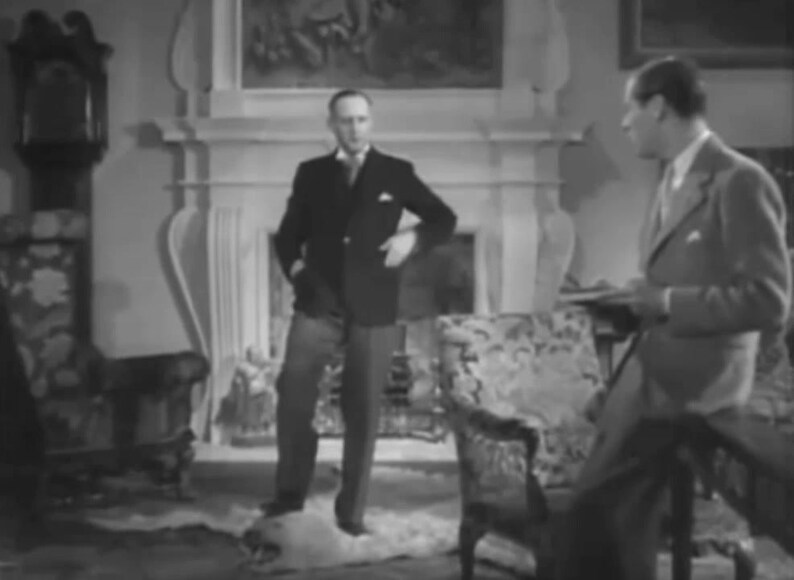
On July 2, the theatres opened their doors – desegregated. Most black Bermudians believed that it was really the result of the theatre boycott, particularly since the decision by the hotels gave a face-saving opportunity for theatres to follow suit. They gave the credit to a parliamentary Joint Select Committee that had been meeting for more than a year. Six days later, hotels made a dramatic announcement – they were ending their policy of segregation. On June 23, all six theatres operated by the Bermuda General Theatres closed their doors.


The Progressive Group reiterated four points in their statements: “Don’t use violence” “Don’t block traffic”, “Don’t get excited” “Don’t give up.” One week later, the House of Assembly debated the issue, with parliamentarians lining up along racial lines.Ĭrowds continued to gather outside theatres. Meanwhile, theatre directors issued another statement, which deplored members of the community being “coerced” to follow those whose opinions they did not agree with. On June 19, The Royal Gazette reported that the crowd had dwindled to 50 youths. Many carried placards, which said: “No Violence Do Not Go to the Movies” “Keep It Up No Violence.” On June 17, 750 people gathered on the sidewalks in front of the Island and Playhouse theatres. Pearman, President of Bermuda General Theatres, declared the protest a “storm in a teacup.” Lawyer and parliamentarian Arnold Francis disagreed “It is a matter of no small consideration,” he said. One man returned his ticket, others did not.

A crowd did gather outside the theatre early in the evening. On June 16, The Royal Gazette reported that the lobby of the Island Theatre had been quiet.
STORM IN A TEACUP FILM MOVIE
Signed by A Progressive Group, they called for a boycott of all movie theatres beginning June 15. In June 1959, Posters and placards were plastered on walls and utility poles throughout the Island.


 0 kommentar(er)
0 kommentar(er)
